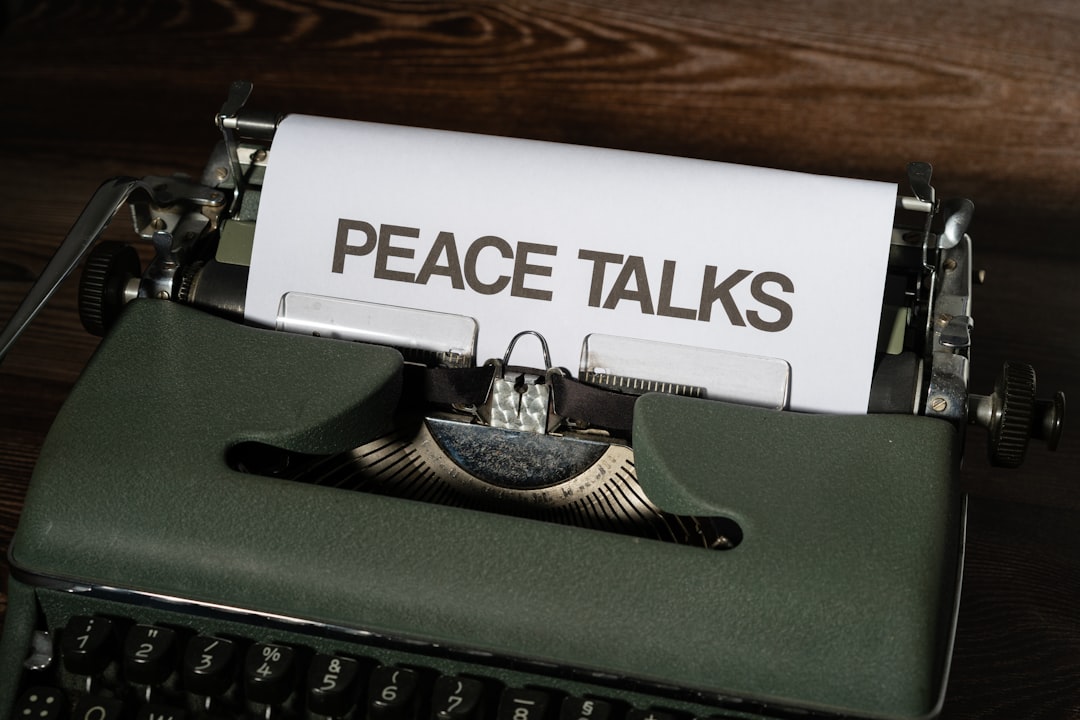How to succeed at hard conversations: Chris Voss
bigIdeas
Hey
This week, I am bringing you ideas not from a book, but from a podcast between Dr Huberman and Chris Voss, an expert in negotiation and former FBI agent, who shares his unique insights on tackling difficult conversations in various contexts.
From his experiences in high-risk, high-stakes situations, Chris Voss emphasizes the significance of emotional intelligence, active listening, and understanding the other party’s viewpoint in successful negotiations.
What am I reading this week: Mojo: How to Get It, How to Keep It (How to Get It Back If You Lose It)
And now, back to bigIdeas from this conversation 👇
Humanizing Oneself in High-Stakes Situations
In high-risk situations, humanizing oneself can increase survival chances.
Sharing personal details can make it harder for the perpetrator to harm an individual they see as a human being rather than an anonymous victim.
Anything you could do to humanize yourself and comply with what the bad guys want increases your chance of survival. – Chris Voss
Mirroring as a Negotiation Tool
Mirroring, or repeating a few words of what someone has just said, is a simple but effective negotiation tool.
It encourages the other party to elaborate on their thoughts and feelings, leading to a more insightful conversation.
Inoculation Against Negative Emotions
Acknowledging a potential negative reaction before it arises can prevent that reaction from occurring.
This ‘inoculation’ against negative emotions can be a powerful strategy in negotiations and challenging conversations.
Extracting Value from Every Interaction
Every interaction, regardless of how challenging, holds value.
Striving to understand and acknowledge the other person’s perspective can lead to a more productive and respectful dialogue.
Handling Family Dynamics in High-Stakes Situations
Family involvement in high-stakes situations like hostage negotiations requires careful management due to potential emotional complications.
Understanding the complexities of family dynamics can provide valuable insights in such scenarios.
Support and Camaraderie in High-Stakes Professions
Having a supportive network of colleagues can help manage the emotional toll of high-stakes professions.
Elements like humor, understanding, and friendship can be key in navigating the challenges of such professions.
Humility and Dedication in High-Stakes Professions
Despite the high stakes of his work, Voss views his accomplishments as a privilege rather than a source of pride.
This perspective reflects his humility and dedication to his profession.
Preemptive Acknowledgement of Negative Emotions
Acknowledging potential negative emotions or reactions before they occur can effectively ‘inoculate’ against them.
This approach can help defuse tension and prevent negative emotions from escalating, leading to a more productive conversation.
Prioritizing Self-Care for Effective Negotiations
Self-care is crucial for anyone who wants to excel in their job or any area of life.
Taking care of oneself allows one to show up better for others and have the energy and capacity to handle challenging conversations.


